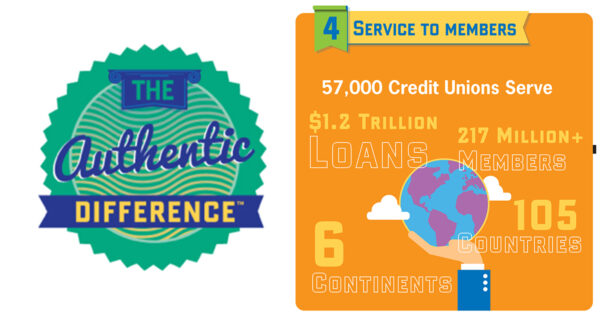We all want to help our kids get a head start in life. Most of all, we want to spare them some of the mistakes we made — especially when it comes to money. Most of us have made a financial decision (or several) in our lives that we regret. Maybe we still have a difficult relationship with money, and we’re embarrassed that we’re not more in control of our finances. How can we raise money-smart kids, teach them to save and feel confident about their money decisions?
Practice builds confidence
Unfortunately, we can’t protect our kiddos from every financial setback or bad decision, just like we can’t spare them from every bump, bruise, or broken bone. As with everything else with parenting, the key is providing them support and guidance while they develop their own skills gradually — and learn from their own mistakes.
Teach them to save. According to financial expert Dave Ramsey, it’s never too early to start teaching kids about money. Even preschoolers can put their spare change in a couple of clear jars on the windowsill and watch it grow over time. When they earn allowance or receive money for gifts, help them divide the money between the jars — for example, one to spend, one to save. Ask them about their goals for the money they’re saving. Keep the goals achievable and realistic so they can feel a sense of accomplishment when their “save” jar fills up and it’s time to purchase something special.
Teach them to spend. Let your kids practice spending their money, even if they don’t always choose to spend wisely. Buying an overpriced toy that doesn’t live up to the hype, or spending all their money on candy that’s gone in a few days, can teach them powerful lessons that multiple lectures will never teach.
Resist the urge to bail them out — these experiences will help them learn to be smarter consumers down the road.
Model good money habits
Start financial discussions early with your kids. Help them understand that every purchase is a trade-off — the money you spend now won’t be there later for other things. Talk as a family about your budget and long-term goals, and how you make adjustments when an unplanned expense comes along. Have your children take an active role in meal planning, making shopping lists, and helping with grocery shopping. Keep it appropriate for their age group, but make sure your kids aren’t sheltered from the day-to-day realities of managing money.
Give them their own bank account
Once your kiddos have a basic understanding of money, take the next step by helping them open their own savings account. Whether they make regular deposits from their “save” jar, or they begin adding to their account through a summer job or babysitting gig, make a habit of talking about their savings goals. Let them take the lead in making deposits and withdrawals when they visit their credit union, and encourage them to show you their balance and calculate the effect future purchases will have on their nest egg.
As your child builds confidence with money, encourage him or her to look for additional ways to earn, and stretch their savings goals out a little further. Whether they’re saving for school clothes, their first car, or a portion of their college expenses, ensuring that your children are taking a role in their financial future helps them build skills they’ll use throughout their adult lives.





